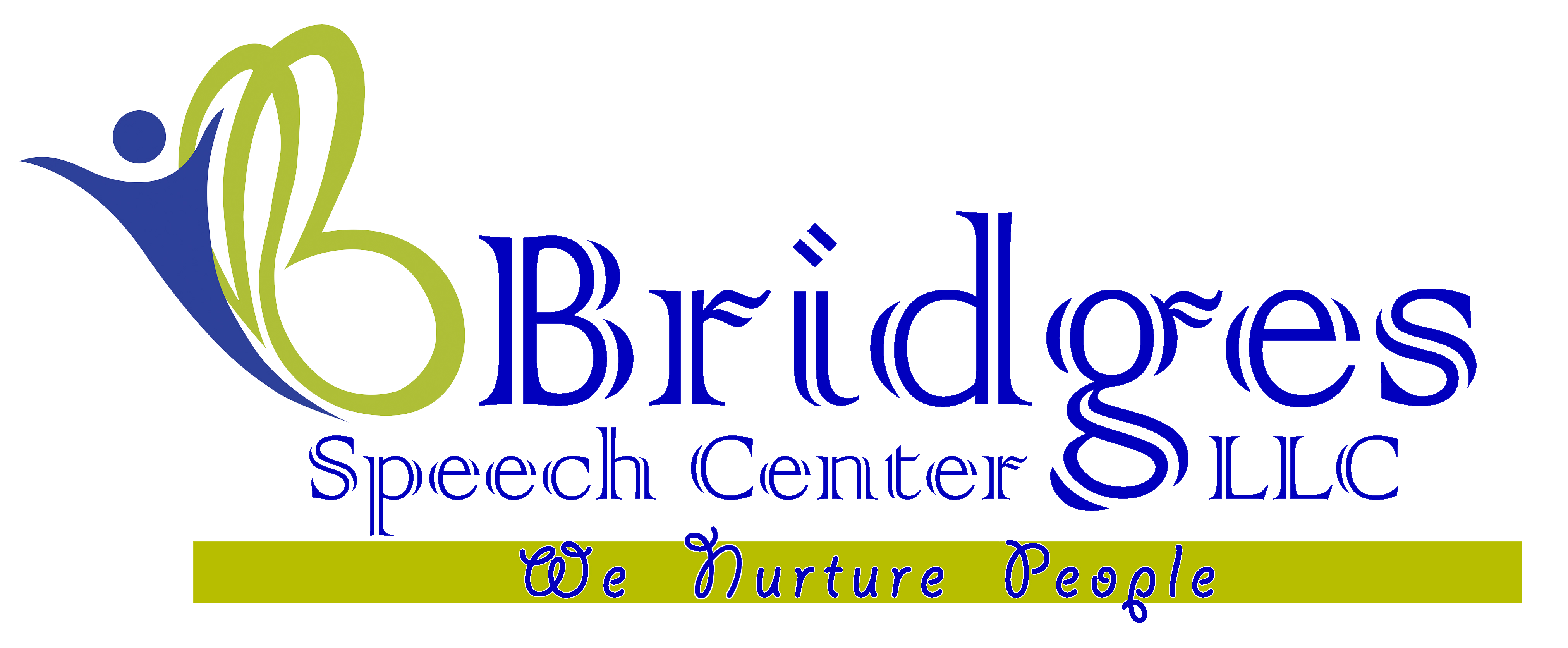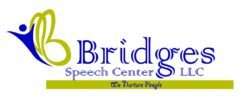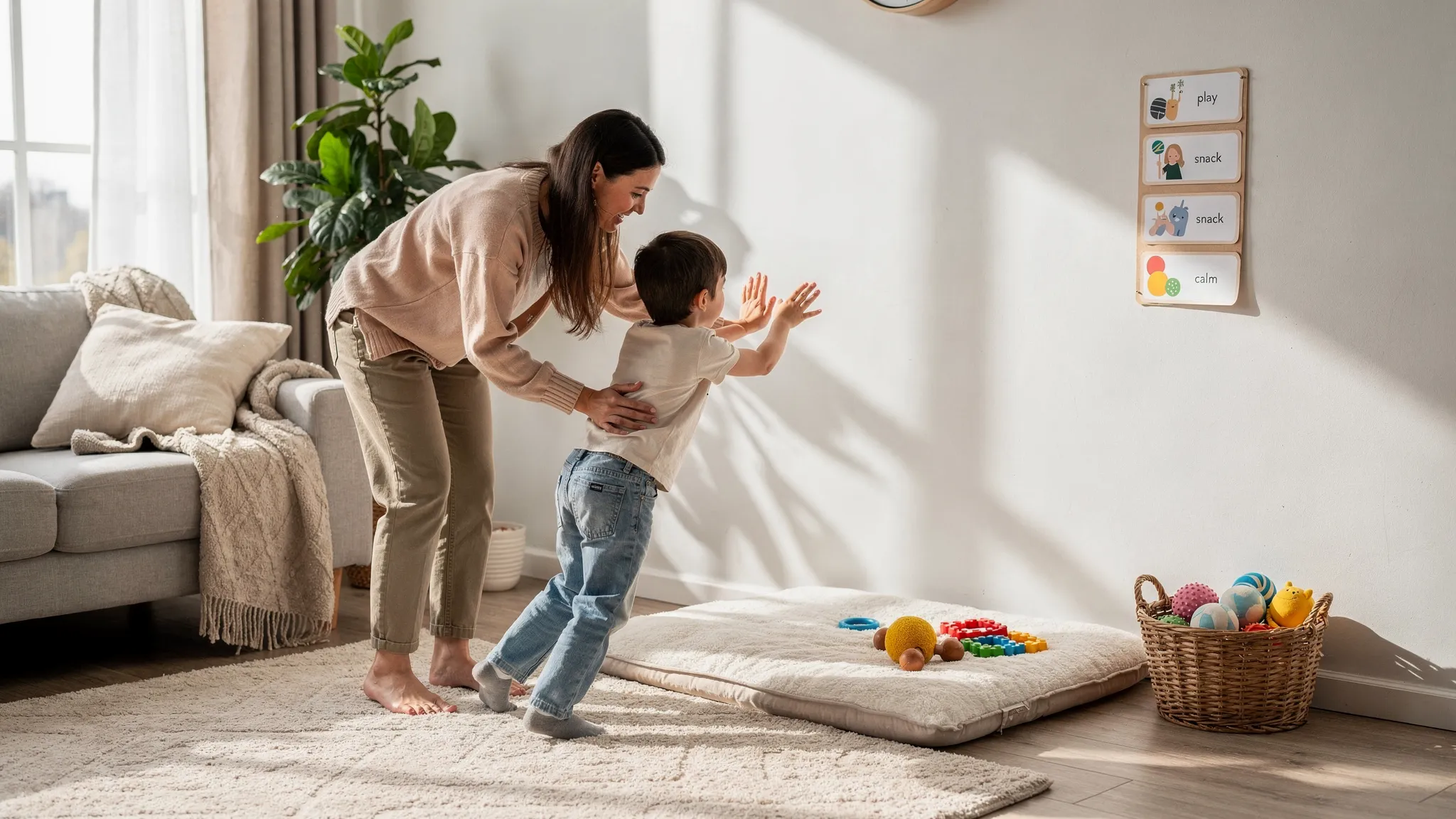- About Us
- Our Services
- Speech Therapy
- Speech and Language Therapies for Adults in Dubai
- Speech and Language Therapies for Children in Dubai
- Accent therapy
- Augmentative Alternative Communication (AAC) Therapy
- Articulation Speech Therapy
- Auditory Processing therapy/ Auditory verbal therapy
- Language Intervention: Speech Delay therapy
- Oral Motor Therapy
- Play Based therapy
- PROMPT/DTTC/RePT for Childhood Apraxia of Speech
- Social communication/Pragmatic language therapy
- Stuttering / Stammering therapy Program
- Spellography Program for Dyslexia
- Voice Therapy
- Home Care Services
- Feeding Therapy
- Physiotherapy
- Pediatric and Geriatric Physiotherapy
- Fall Prevention Programs for the Elderly
- Developmental Delay Treatment for Children
- Cerebral Palsy Management for Children
- Pediatric Orthopedic Conditions
- Osteoporosis Management for the Elderly
- Sports Injuries in Children
- Mobility and Balance Training for Elderly
- Joint Pain Treatment (Knee, Shoulder, Hip)
- Age-Specific Exercise Programs
- Coordination and Balance Exercises
- Orthopedic Physiotherapy
- Neurological Physiotherapy
- Sports Physiotherapy
- Cardiopulmonary Physiotherapy
- Women’s Health Physiotherapy
- Manual Therapy
- Therapeutic Exercise
- Pain Management
- Electrotherapy
- Ergonomic Consultation
- Tele-Physiotherapy Services
- Pediatric and Geriatric Physiotherapy
- Occupational Therapy
- Sensory Integration
- Clinical Psychology & Psychotherapy
- Cognitive Behavioral Therapy(CBT)
- ABA /Behavior Therapy
- Bridge Learning Program
- Group therapy
- Summer/Winter Program
- Telehealth Services
- Training Program/CEU
- Internship/ Observership
- Speech Therapy
- Super Team
- Collaboration
- Training Course
- News/Blogs
- About Us
- Our Services
- Speech Therapy
- Speech and Language Therapies for Adults in Dubai
- Speech and Language Therapies for Children in Dubai
- Accent therapy
- Augmentative Alternative Communication (AAC) Therapy
- Articulation Speech Therapy
- Auditory Processing therapy/ Auditory verbal therapy
- Language Intervention: Speech Delay therapy
- Oral Motor Therapy
- Play Based therapy
- PROMPT/DTTC/RePT for Childhood Apraxia of Speech
- Social communication/Pragmatic language therapy
- Stuttering / Stammering therapy Program
- Spellography Program for Dyslexia
- Voice Therapy
- Home Care Services
- Feeding Therapy
- Physiotherapy
- Pediatric and Geriatric Physiotherapy
- Fall Prevention Programs for the Elderly
- Developmental Delay Treatment for Children
- Cerebral Palsy Management for Children
- Pediatric Orthopedic Conditions
- Osteoporosis Management for the Elderly
- Sports Injuries in Children
- Mobility and Balance Training for Elderly
- Joint Pain Treatment (Knee, Shoulder, Hip)
- Age-Specific Exercise Programs
- Coordination and Balance Exercises
- Orthopedic Physiotherapy
- Neurological Physiotherapy
- Sports Physiotherapy
- Cardiopulmonary Physiotherapy
- Women’s Health Physiotherapy
- Manual Therapy
- Therapeutic Exercise
- Pain Management
- Electrotherapy
- Ergonomic Consultation
- Tele-Physiotherapy Services
- Pediatric and Geriatric Physiotherapy
- Occupational Therapy
- Sensory Integration
- Clinical Psychology & Psychotherapy
- Cognitive Behavioral Therapy(CBT)
- ABA /Behavior Therapy
- Bridge Learning Program
- Group therapy
- Summer/Winter Program
- Telehealth Services
- Training Program/CEU
- Internship/ Observership
- Speech Therapy
- Super Team
- Collaboration
- Training Course
- News/Blogs
Table of Contents
ToggleAugmentative Alternative Communication (AAC) Therapy Treatment in Dubai
- Home
- Our Services
- Augmentative Alternative Communication (AAC) Therapy
Augmentative and Alternative Communication(AAC) therapy for children in Dubai
AAC (Augmentative and Alternative Communication) therapy for children offers a host of valuable benefits, focusing on enhancing communication abilities and providing effective means of expression for those with complex communication needs. Here’s an overview of the benefits:
Enhanced Communication: AAC therapy doesn’t just focus on facilitating basic communication; it aims to empower children to express themselves with clarity and confidence. By providing alternative means of expression, such as picture symbols, communication boards, or speech-generating devices, children can convey their thoughts, feelings, and needs more effectively, leading to richer interactions with others.
Personalized Approach: One of the strengths of AAC therapy is its individualized nature. Therapists carefully assess each child’s unique communication abilities, preferences, and challenges to develop a tailored intervention plan. This personalized approach ensures that the AAC system chosen aligns with the child’s cognitive, linguistic, and motor skills, maximizing its effectiveness.
Increased Participation: Effective communication is vital for participation in various aspects of life, including social interactions, academic pursuits, and community activities. AAC therapy empowers children to actively engage in these domains by providing them with tools to initiate conversations, ask questions, share experiences, and contribute to group activities, fostering a sense of belonging and inclusion.
Academic Success: In educational settings, AAC can be instrumental in supporting children’s learning and academic success. By giving children the means to communicate their thoughts and ideas, AAC facilitates their participation in classroom discussions, comprehension of lesson content, completion of assignments, and interaction with teachers and peers, ultimately enhancing their educational outcomes.
Emotional Well-Being: Communication difficulties can often lead to feelings of frustration, isolation, and low self-esteem. AAC therapy addresses these emotional challenges by equipping children with effective communication tools and strategies, enabling them to express their emotions, form meaningful connections with others, and develop a positive sense of self-worth and belonging.
Independence: AAC systems empower children to assert their independence and autonomy in various aspects of their lives. By providing them with the means to make choices, express preferences, and advocate for themselves, AAC fosters self-reliance and self-determination, enabling children to take an active role in decision-making and daily activities.
Language Development: AAC supports not only communication but also language development. By exposing children to rich and varied vocabulary, sentence structures, and language concepts through AAC systems, therapy helps scaffold their language skills and expand their linguistic repertoire, laying the foundation for continued language growth and development.
Functional Communication: AAC therapy emphasizes the use of functional communication skills that are relevant and applicable to real-life situations. Children learn how to use their AAC systems effectively to express their immediate needs, preferences, and desires in everyday contexts, empowering them to navigate their environments and interact with others more independently.
Self-Advocacy: AAC systems serve as powerful tools for self-advocacy, enabling children to assert their rights, preferences, and opinions in various settings. By teaching children how to use their AAC systems to communicate their needs, assert boundaries, and express their perspectives, therapy helps cultivate self-advocacy skills that are essential for self-determination and empowerment.
Family Involvement: Families play a crucial role in supporting children’s communication development and AAC use. AAC therapy actively involves parents and caregivers in the intervention process, providing them with training, guidance, and support to effectively facilitate their child’s communication skills at home and in the community, thereby strengthening family relationships and promoting a supportive communication environment.
Social Interaction: AAC therapy encourages social interaction and peer engagement, helping children build meaningful relationships and connections with others. By providing children with the means to initiate conversations, participate in group activities, and share experiences with peers, AAC fosters social inclusion, friendship formation, and positive social interactions, contributing to children’s social-emotional development and well-being.
Improved Quality of Life: Ultimately, the overarching goal of AAC therapy is to enhance children’s overall quality of life by removing communication barriers, promoting social engagement, and empowering them to lead fulfilling and meaningful lives. By equipping children with effective communication tools and strategies, AAC therapy enables them to participate more fully in their communities, pursue their interests and aspirations, and experience a sense of belonging, dignity, and fulfillment.
In summary, AAC therapy for children in Dubai offers a holistic and comprehensive approach to communication intervention, addressing not only the functional aspects of communication but also the emotional, social, and psychological dimensions. By harnessing the power of AAC systems and strategies, therapists empower children to overcome communication barriers, achieve their full potential, and thrive in all aspects of their lives.
Make Appointment
Testimonials
What Parents Say
Send us an email if you wish to talk to any of them. For more reviews, please go to Google reviews.

My experience with bridges speech centre has been great. My child is attending OT in the center and we are happy and proud with the progress Mrs. Richa has made. The therapists are very supportive and knowledgable in selecting techniques to suit with our child's requirements . Their monthly review and evaluation is remarkable. I highly recommend bridges speech centre to anyone looking for an affordable and professional therapy for their child....

We were asked to consult a speech therapist for my son. As parents we were quite skeptical about this whole process. However, once my son started attending Dr Rupali’s sessions we noticed a drastic improvement in his speech. He used to speak only a few words but within the 1st four sessions he started speaking up-to 5 words sentences. I also learnt to manage my child’s emotions better with Dr Rupali’s guidance. She is very cooperative and patiently answer all questions.

We took our 21 month old daughter to Bridges speech center following her cleft palate surgery as she needed Speech therapy. Ms.Rupali was recommended to us by both our Pediatrician and ENT specialist. The staff at Bridges are qualified, warm and friendly. My daughter loved to attend the speech therapy sessions. Through various techniques and simulations provided during these sessions, I can see considerable improvement in my daughter's speech. Lastly I would say, no child is same, as parents we need to be patient and trust the process.

Rupali was excellent. In just couple of sessions she helped my child overcome difficulty in pronouncing ch and sh sound. Thanks very much.Highly recommend for children who will need assistance in speech therapy.
Blog & Article
Our Latest Blog & Articles
What Is the Difference Between Occupational Therapy and Physical Therapy?
If you are searching what is the difference between occupational therapy and physical...
Sensory Integration Therapy at Home for Children with Sensory Challenges
When a child gets overwhelmed by everyday sounds, refuses certain clothes because they...



